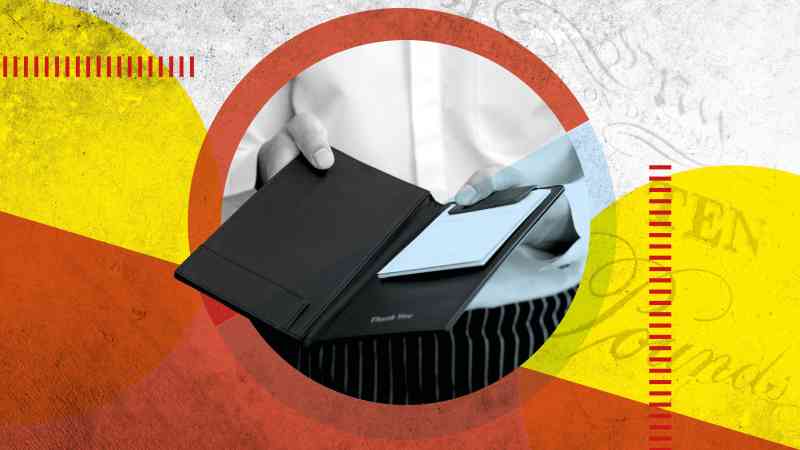Should restaurant service charges be added to your bill?
Restaurants have been criticised for not passing service charges on to waiting staff and a new law later this year should solve this. But should customers be left to decide their own tips, or is a compulsory charge fairer for staff?
Ben Thomas, chief executive of the tipping platform Tipjar
Hospitality is deeply woven into our culture. How many of our life-changing moments — meeting your spouse, weddings, family reunions, or farewells — occur in pubs, bars, restaurants or hotels? I’d wager quite a few.
Yet this critical industry has faced huge challenges. Brexit, the pandemic, higher energy prices, inflation and the cost-of-living crisis have taken a heavy toll. It’s a testament to the determination and grit of the brilliant, passionate people who choose careers in hospitality that we still have so many amazing venues to enjoy.

What people outside of the industry may not know is that discretionary service charges are a unique way to pass money from customers directly to staff, in a tax-efficient way. This saves the customer money when compared with the higher menu pricing there would be without it, as service charges don’t attract VAT. Staff benefit too as they don’t have to pay national insurance on these funds because they are not seen as “wages”.
It also motivates staff to create brilliant experiences enjoyed by customers, and a service charge automatically added to the bill is convenient as they don’t have to worry about whether or what to tip.
This is one of the only incentives available to hospitality businesses that otherwise receive little financial support and are quite rightly required to meet wide-ranging legal standards and regulations, including awareness of allergens, listing calories on the menu and licensing.
• Should the state pension be exempt from income tax?
If I was arguing this case a couple of years ago, it would have been in favour of the other side. It was unclear whether service charges always made their way into the pockets of staff. But the world has changed. The Employment (Allocation of Tips) Act 2023 states that if there is a service charge, it must go entirely to the team that served you. For me, that changes everything.
No
Steve Perez, restaurant owner and chief executive of the drinks company Global Brands
I own two restaurants and firmly believe that tipping should always be left to the customer’s discretion.
When diners face a discretionary service charge they may feel compelled to pay it even if the service was subpar, leading to potential embarrassment or conflict.
We want every guest to feel at ease when they are enjoying a meal or a night away. Tipping should always reflect the service received, acting as a genuine “thank you” from the customer.

It’s crucial for maintaining a fair and transparent dining experience. Giving customers the freedom to tip based on their satisfaction ensures that tips are a true recognition of good service, not a hidden cost to prop up business margins. Clear and upfront pricing is key to maintaining customer trust and ensuring that diners feel they are getting value for their money.
The practice of adding a service charge is not universally adopted. In the United States, a 20 per cent tip might be standard, but this is not the case in many parts of Europe, where service charges are typically not included and the average tip is about 10 per cent.
By allowing people to decide on the tip amount, rather than including a service charge on the bill, restaurants can respect these cultural differences and cater to a broader range of customers. There is no doubt that tipping is an important part of the dining experience, but it should not be dictated by a service charge.
Letting customers tip at their discretion maintains the integrity of the dining experience and allows them to reward genuinely excellent service. This, in turn, fosters a positive and motivated workforce as staff members know their efforts are directly acknowledged and appreciated. This approach not only enhances the experience for the customer but also improves hospitality within the restaurant or hotel. Ultimately, leaving the decision in the hands of the customer benefits everyone, ensuring fairness and satisfaction for both diners and staff.




Post Comment